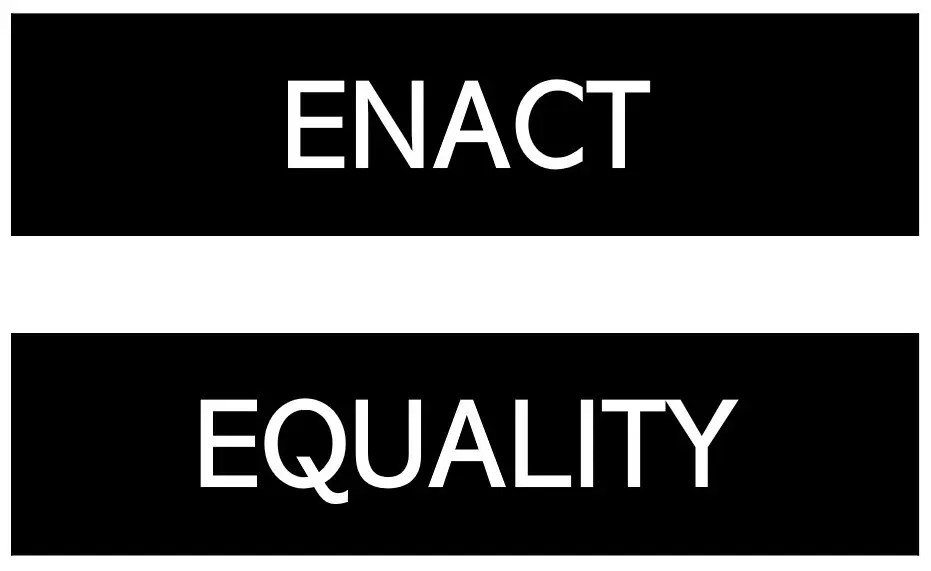Report Race-Based Hair Discrimination Complete the form below
Our New Afro Hair Discrimination Reporting Platform
We have launched this brand new reporting platform to address a critical gap in data collection and advocacy efforts. Our innovative tool allows you to report incidents of hair discrimination you've experienced or witnessed, providing a centralised repository of real-world cases. The platform is vital for several reasons:
- We want to help amplify your voice, allowing your experiences to be documented and acknowledged.
- The platform helps quantify the scale and nature of Afro hair discrimination, providing crucial data for policy advocacy and awareness campaigns.
- Our tools can identify patterns in discriminatory practices, helping to target interventions and education efforts more effectively.
- By collecting your stories, it creates a powerful body of evidence to support legal and policy changes to protect against hair discrimination.
- It raises awareness about the issue, encouraging more people to recognise and report incidents of hair discrimination.
This reporting platform is a significant step forward in the fight against Afro hair discrimination, providing the data and personal narratives needed to drive meaningful change in schools, workplaces, and society at large.
Report an Incident
What is Afro hair discrimination?
Watch our CEO L'myah Sherae's TED Talk below.
Legal Advice
Seeking legal assistance
In the UK, there are no laws that explicitly prohibit hair discrimination. However, certain types of hair discrimination may fall under the Equality Act 2010, which protects individuals from discrimination based on “protected characteristics” such as race. Hairstyles worn because of cultural, family and social customs, can be part of a person’s ethnicity and therefore fall under the protected characteristic of race.
Solicitors specialising in discrimination
A solicitor can provide guidance on whether there are grounds to file a race discrimination claim under the Equality Act 2010.
Many law firms across the UK specialise in discrimination law. The following law firms, ranked by Chambers for their expertise in Civil Liberties and Human Rights, are recognised for their specialisation in discrimination law and provide UK-wide services:
Civil Liberties & Human Rights, UK-wide, UK | Chambers Rankings
If you meet the financial eligibility criteria, legal aid should be accessible for advice and representation related to discrimination matters. Your legal adviser will usually apply for legal aid on your behalf. To find out if you qualify for legal aid, you can use the official eligibility checker available on the UK government website:
Alternative legal pathways
In addition to obtaining legal advice about a potential discrimination claim from a specialist law firm, there are other legal pathways available to explore if you wish to pursue your hair discrimination case further.
Please see the table below.
Information
Contact Details
Citizens Advice
Citizens Advice offers free legal advice on discrimination cases. Citizen Advice’s network of independent charities offers confidential advice online, over the phone, and in person, for free.
The Citizens Advice website contains helpful guidance on discrimination, including a step by step guide to check whether you have experienced discrimination, a guide to taking legal action about discrimination and a guide to the strict time limits that apply to claims of discrimination.
You can find contact details for your local Citizens Advice by entering your postcode in the Citizens Advice website: Contact us - Citizens Advice
You can call Citizens Advice: Adviceline (England): 0800 144 8848; Advicelink (Wales): 0800 702 2020.
You can use the Citizens Advice online chat to speak to an adviser online.
Law Centres Network
The Law Centres Network is an organisation that supports and represents a network of Law Centres across the UK. These Law Centres are non-profit organisations that provide free legal advice and representation to individuals who cannot afford legal services. Law centres may offer free legal advice and representation on discrimination cases.
You can find contact details for your local Law Centre by entering your postcode in the Law Centres Network website: Get Help (lawcentres.org.uk).
Advisory, Conciliation and Arbitration Service
The Advisory, Conciliation and Arbitration Service (ACAS) is an independent public body that provides free and impartial advice to employers, employees and their representatives on employment rights, best practice and policies and resolving workplace conflict. ACAS offers free, confidential advice to employees dealing with workplace discrimination.
The ACAS website contains helpful guidance about discrimination at work, including what to do if you have been discriminated against at work.
You can contact ACAS for free, confidential advice via their website or Helpline.
ACAS website: Acas | Making working life better for everyone in Britain.
ACAS Helpline: 0300 123 1100.
Equality Advisory Support Service
The Equality Advisory Support Service (EASS) advises and assists individuals on issues relating to equality and human rights, including discrimination, across the UK. The EASS helpline provides free advice and information about the Equality Act 2010 and the Human Rights Act 1998. The EASS can give bespoke advice to individuals across the UK on discrimination issues
While the EASS Helpline does not provide legal advice, they are able to support an individual to resolve their issue using alternative informal dispute resolution.
You can contact the Equality Advisory and Support Service via their website or Helpline.
EASS Website: Contact Us - Equality Advisory and Support Service.
EASS Helpline: 0808 800 0082.
Enact Equality Referral
Enact Equality works with law firms in the UK on a pro bono basis. Some discrimination cases may be eligible for pro bono assistance under these firms’ pro bono policies. Enact Equality may be able to connect cases of hair discrimination to these law firms. Given the volume of requests, Enact Equality cannot guarantee a response or referral, therefore Enact Equality recommends also seeking legal advice through the organisations described above.
Please complete the Incident Reporting Form via enactequality.co.uk/reportdiscrimination
